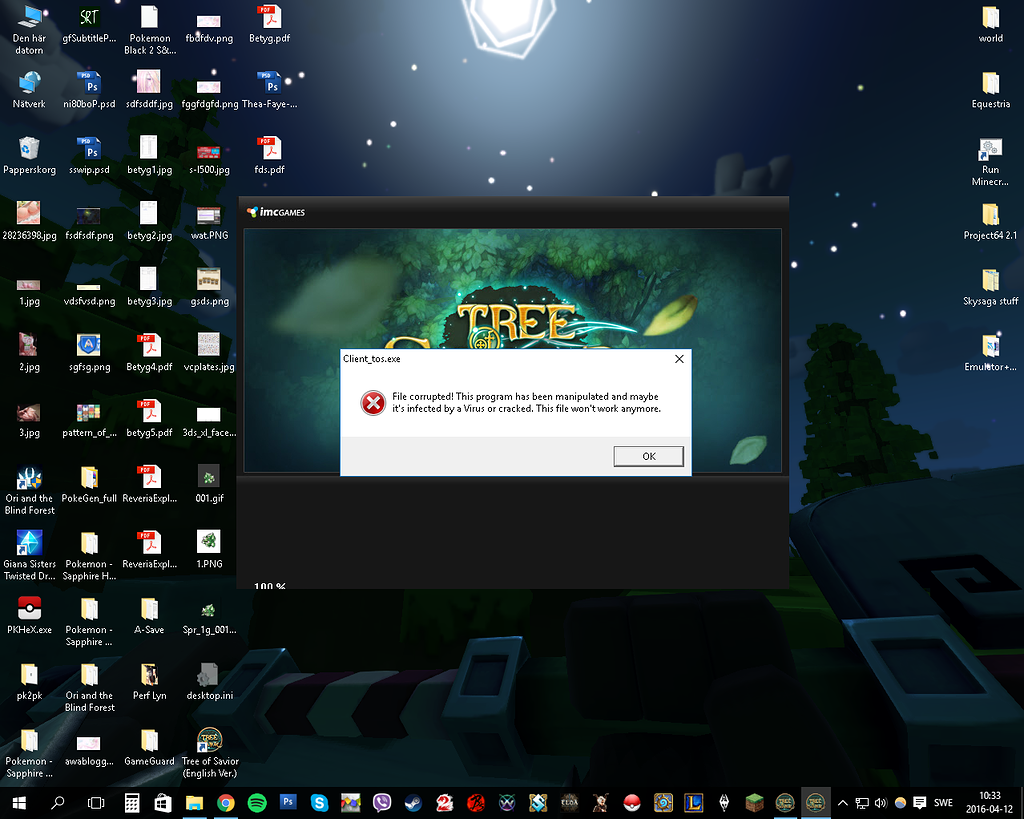

You can also still install nsps on fat32, using nsp splitters and installing from sd card, or just getting the zadig drivers, fluffy or a comparable usb install user interface. Or an installed game you just hoard and never look at again.īut eventually, a game you're actively playing might not start, a homebrew you want to use might crash because of some file error or a savegame you backed up can't be recovered anymore.Īnd thats when you wish you just switched to fat32, which also has a chance for corruption, but it's significantly less likely to run into it than for exfat. you might not even notice at first, maybe it's just affecting a bunch of unneeded files here or there, a few nes or sega roms here you never start anyways, a savefile there you're not loading, a border file or a screenshot you took. You can do a little to actively avoid it, like waiting a few seconds after homebrew wrote or loaded a file before using the home button, using official exit functions (which retroarch unfortunately doesn't have, at least not working), generally avoid homebrew that reads or writes excessively.īut the corruption is still there. It happened multiple times, but I havent had any corruption problems since I stopped using that NSP.
Found corrupt basic file structure for '\Emulators\RetroArch\libx265.dll <0x5,0x4a04c>'.A nightly build of Retroarch.nsp should be made available, maybe inside the Buildbot. Attribute record of type 0x80 and instance tag 0x3 is cross linked starting at 0x2b2ef54 for possibly 0x49e clusters. As far as I know, the official Retroarch.nsp file is only available for stable versions, so it is outdated compared to the code in Retroarch.nro that is found in nightly builds. The thing about exfat corruption is, its definitely still there. Yea for me, it was the unsupported Retroarch NSP that kept causing my Switch to crash and eventually corrupt my SD card. Stage 1: Examining basic file system structure.


 0 kommentar(er)
0 kommentar(er)
